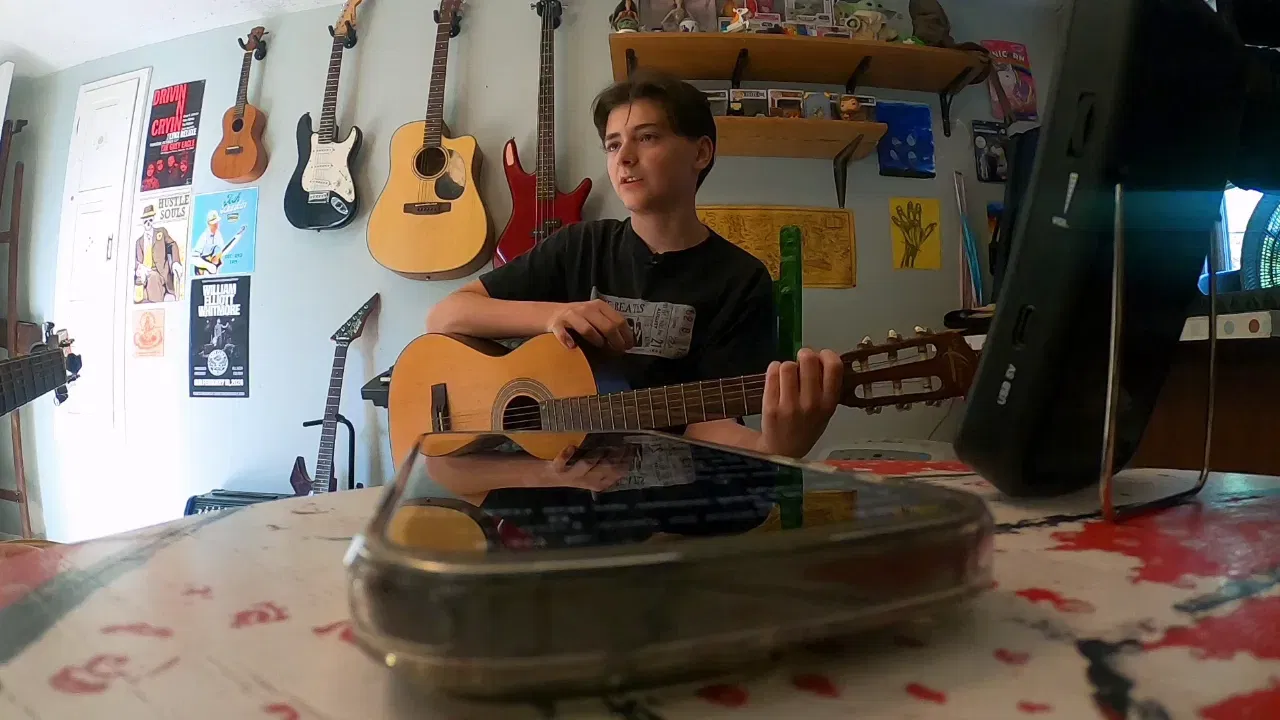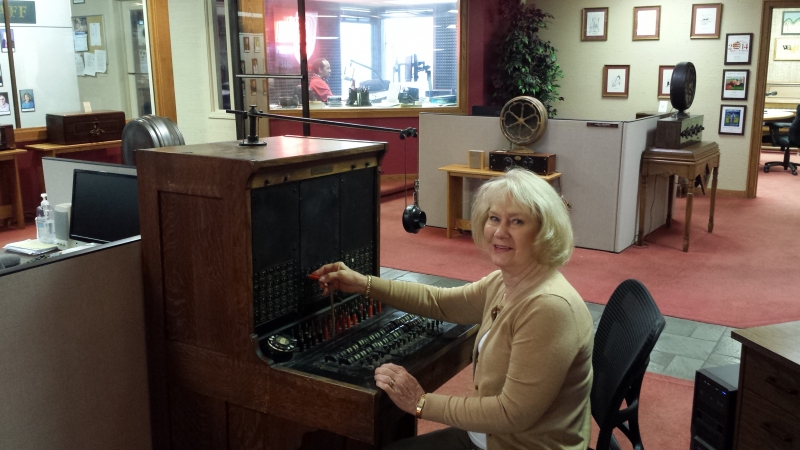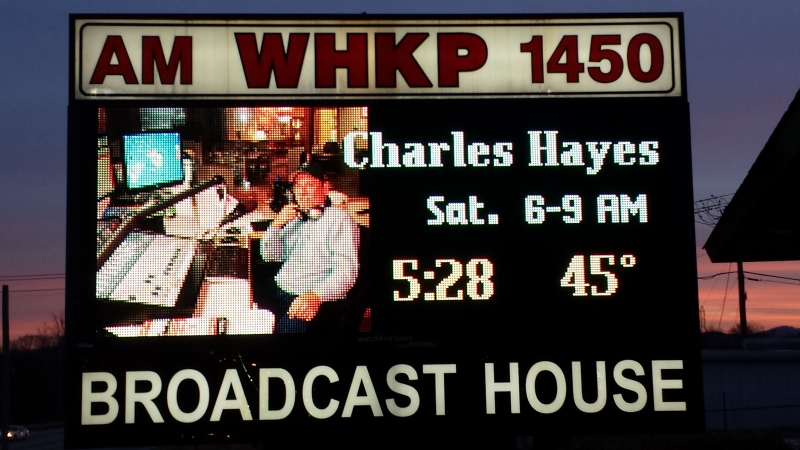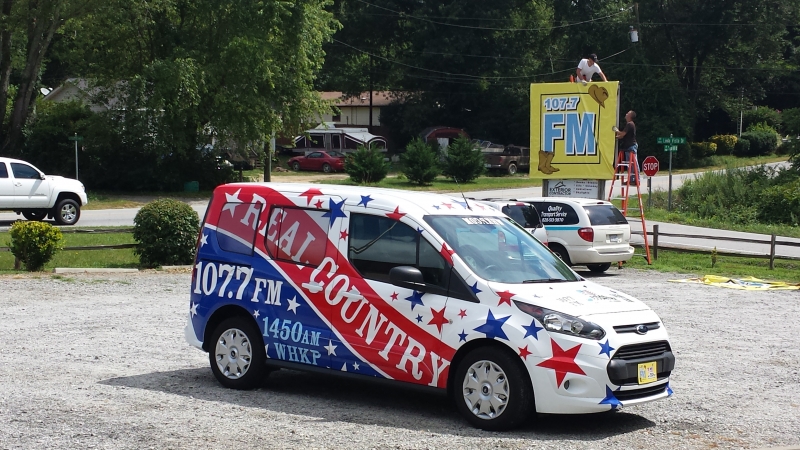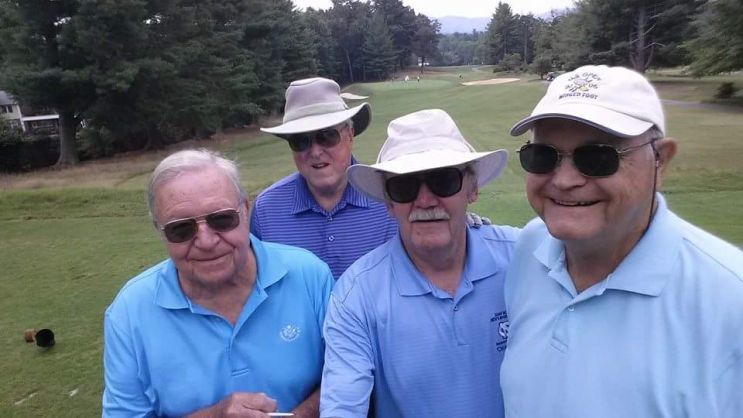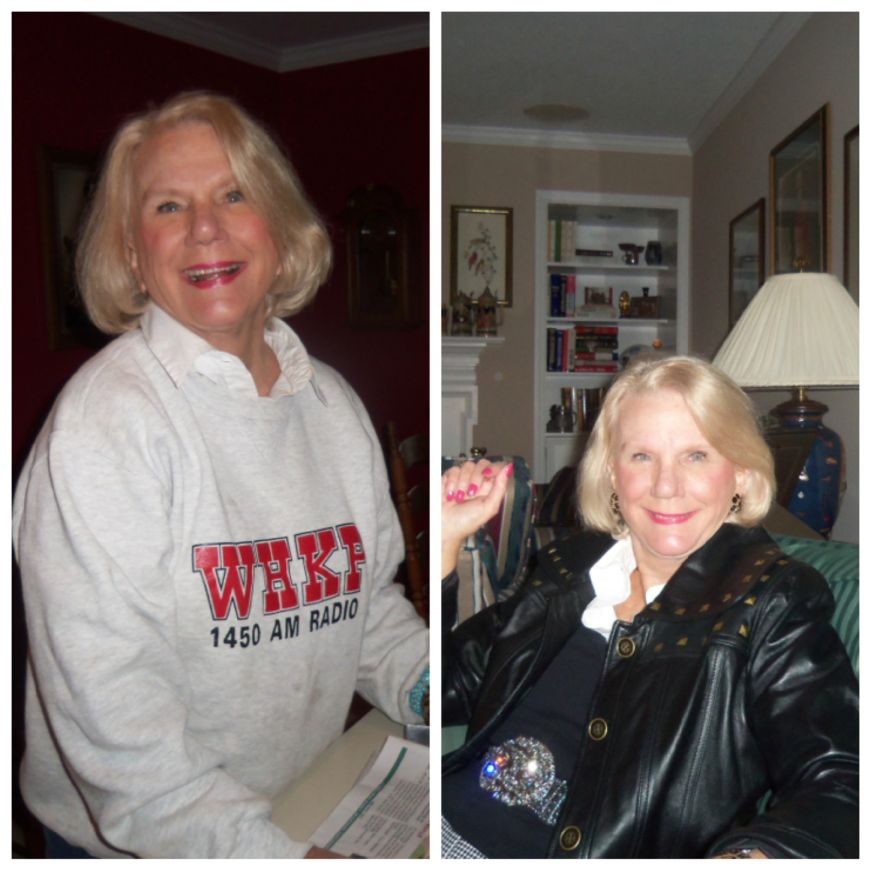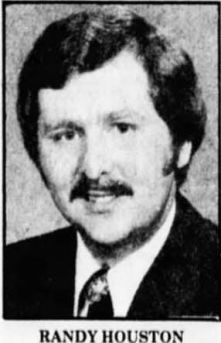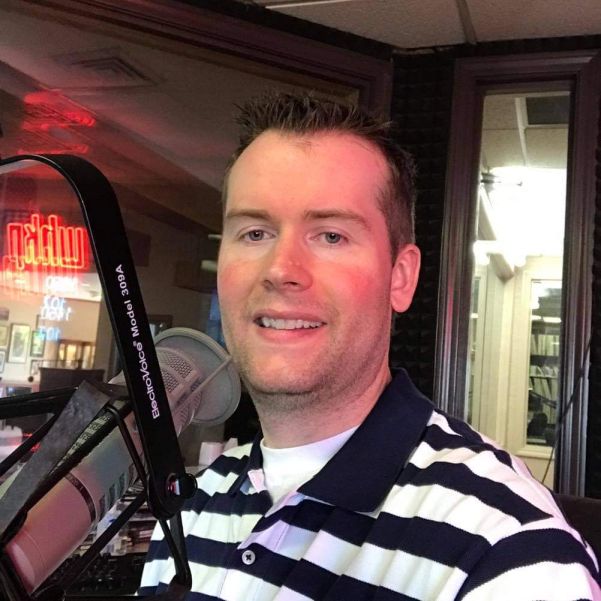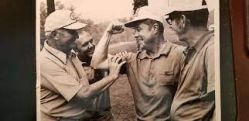Music’s been a family affair for the Bracketts.
“I love music,” Rebecca Brackett said. “My father loved music.
“My grandfather, who was musically talented like I am, could play by ear,” William Brackett said.
For William, his love of music revealed a gift.
“His obsession with music was much younger than he even knows,” Rebecca, William’s mom, said. “He hears music, and he can just play it. He can hear a song once and pick up the chords.”
“I don’t have to teach him to get the tempo in his body,” Josh Duncan, William’s music teacher, said. “He already knows how to do that. Then, we can focus on the next step.”
“It makes me feel pretty accomplished that I can do it,” William said.
Unlike many teenagers, William isn’t always content in front of a screen.
“He doesn’t play video games,” his mother said. “He doesn't really watch movies or TV. I knew almost immediately that he was on the spectrum. It only took a few months.”
William wasn’t the first member of the Brackett family with autism. The middle son, Joseph, was also born with the condition. The oldest brother, Daniel Bryson, understood what his role was growing up.
“For both of them, for most of my life, I’ve tried to be the emotional foothold,” Bryson said.
“Joseph and William are on opposite ends of the spectrum,” Rebecca explained. “Joseph’s always been a little behind the curve and William’s always been a little in front of it.”
While William was born ahead of the curve, there were still struggles.
“He would have meltdowns and breakdowns,” his mother said. “He’s very sensitive to loud noises.”
These instances mostly surfaced when William was trying to communicate.
“So, self-injurious behavior, I understand from a level where it needs to come out, but you can’t get it out,” Bryson said.
“It hurts you,” Rebecca said. “It’s an outburst based on emotions that he doesn’t know how to express in any other fashion.”
Over time, William found another avenue for expression and communication.
“I find myself stressful a few times,” he said. “Then I listen to music, and it just relaxes my stressfulness.”
“There’s this game called Bananagrams,” Rebecca recalled. “It’s all these tiny little tiles with the alphabet on them. He would spell out the name of the song and the group on the floor. He would come in and spell out Tom Petty, 'American Girl.' I’d ask if he wanted to listen to 'American Girl' by Tom Petty? He’d say yes.”
Using his love for instruments, chords, and notes instruments to navigate life, on a unique level.
“Everybody has their own talents,” Rebecca explained. “I have mine, you have yours, he has his. We automatically assume that people with a 'disability' lack talent. He is clearly more talented than I could ever hope to be in a lot of different areas.”
“People on the spectrum are the exact same as us,” Bryson said. “The only difference for the most part is a social barrier. A lot of that is constructed by society.”
“Be curious, not judgmental,” Rebecca said. “Just because somebody seems different from you doesn’t mean they’re that different from you. They’re just not exactly like you. They could probably teach you something. You could teach them something. It doesn't hurt anybody to just be kind.”
“Take a minute, and just be kind.”
STORY & PHOTO COURTESY OF ABC 13 WLOSHendersonville teen's love for music transcends disorder, showcasing unique talents (wlos.com)



